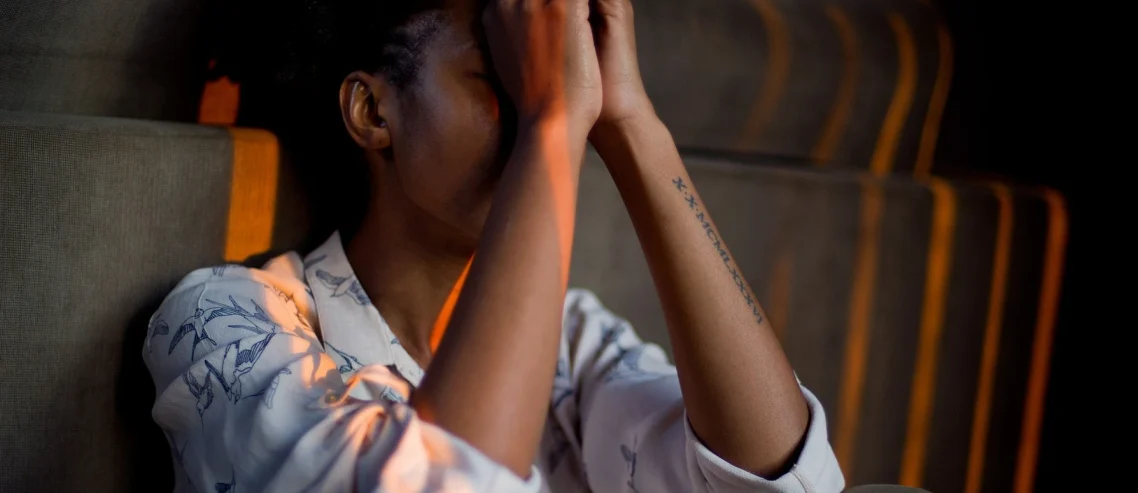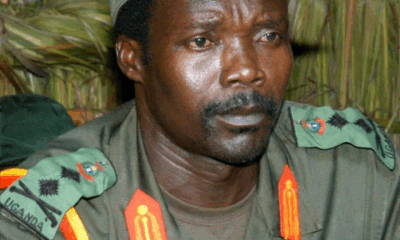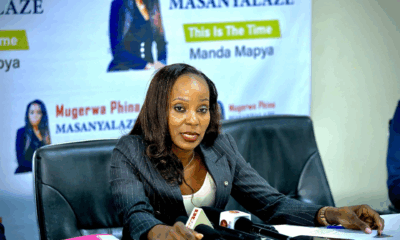Health
Mental Health Crisis Deepens Amid Lack of Suicide Data in Uganda
The government still lacks accurate data on the number of people dying by suicide in the country despite growing media reports highlighting cases of self harm and suicide.
During a conference held on Wednesday to mark Global Suicide Prevention Day, Faith Agumya a suicide survivor who has become a mental health advocate shared that she is increasingly being approached by young individuals struggling with suicidal thoughts. Agumya has since founded a support group targeting youth aged ten to twenty three. She notes that many of those who seek help have already inflicted significant harm on themselves, harm she believes could have been prevented through basic talk therapy.
However, she emphasizes that while her group has the capacity to help many more, a large number of young people suffering in silence remain out of reach.
Dr. Hafsa Lukwata, the Commissioner responsible for Mental Health and Substance Abuse Prevention at the Ministry of Health, acknowledged the absence of concrete data, saying it is difficult to determine how many individuals attempt or die by suicide. She explained that even for conditions like depression and anxiety, the ministry often has to rely on estimations either overestimating or underestimating cases, to plan for medication supplies, a practice that has at times led to losses from expired drugs.
Although some information on attempted suicide was gathered during the previous year’s National Census, Lukwata said it lacked the clarity needed to provide an accurate picture of the issue’s scale.
Despite the limited data, Dr. Diana Atwine, the Ministry of Health’s Permanent Secretary, confirmed that suicide cases have been on the rise since the COVID-19 pandemic began in 2020. She reported that over 2,500 suicides were recorded in 2021 alone and suggested that the numbers may have since increased, particularly as more young people are being diagnosed with mental health conditions.
Atwine pointed to unregulated access to social media content and poor parenting as contributing factors to the mental health crisis. She said the ministry is now exploring innovative approaches to reach young people, including integrating mental health services into primary healthcare and using digital platforms to disseminate information.
One such initiative includes the development of an app called “Self-Care”, which will allow users to access verified mental health resources directly on their phones.
Media personality and caregiver Robert Kabushenga also weighed in, emphasizing the need to shift how society discusses suicide. He stated, “Instead of saying ‘committing suicide,’ we ought to say ‘ending one’s life,’ because committing in essence means it’s a crime and yet suicide is actually a mental health condition.”
Kabushenga called for urgent legal reform, saying Uganda must decriminalize suicide. Currently, attempted suicide is a criminal offense under Section 210 of the Penal Code Act, punishable by up to two years in prison.
On a global scale, the World Health Organization estimates that more than one billion people live with mental health conditions, with women disproportionately affected. Anxiety and depression remain the most prevalent, and suicide continues to be a tragic outcome claiming approximately 727,000 lives in 2021 alone. It stands as one of the leading causes of death among young people worldwide.
Comments

























